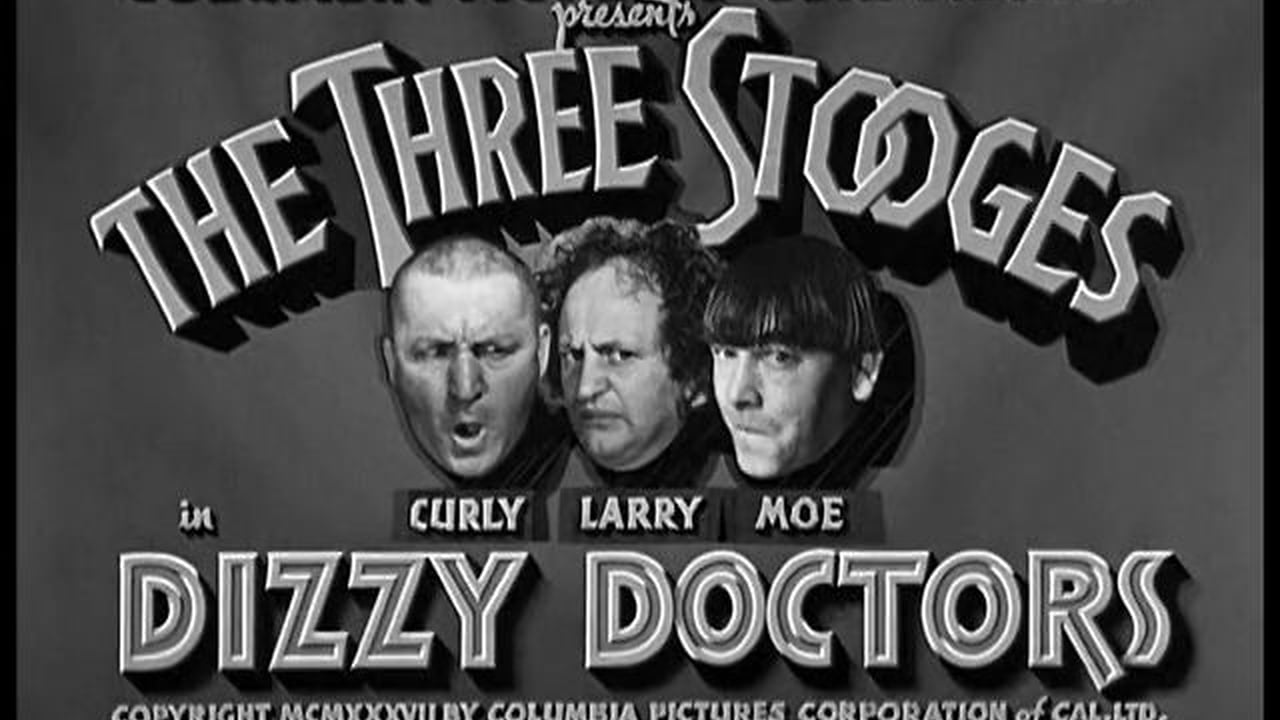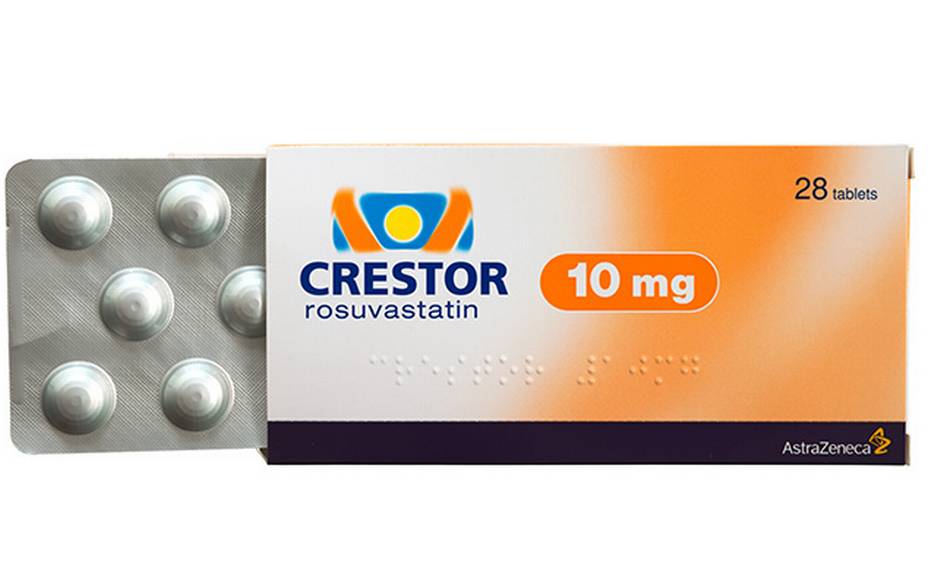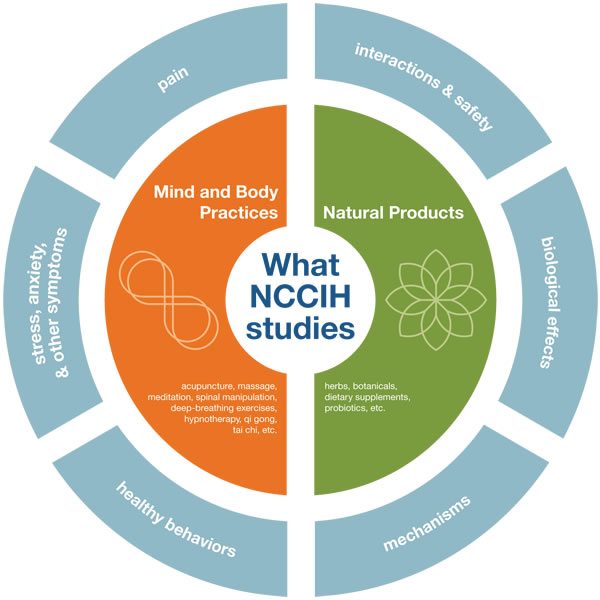
Functional medicine: The ultimate misnomer in the world of integrative medicine
Functional medicine. It sounds so...scientific and reasonable. It's anything but. In fact, functional medicine combines the worst features of conventional medicine with a heapin' helpin' of quackery.
Science-Based Satire: Hiring a Doula for Dental Procedures
Suzy Flanders had always dreamed of having a natural tooth extraction without pain medications, sedation, or local anesthesia, just like in the Bible or on an episode of Keeping Up With Kardashians. “When the day finally came on April 1st 2011, and my dentist recommended the removal of an impacted third molar, I almost couldn’t believe it,” Flanders explained. “After reading everything...

Statins for everyone? Not so fast.
People love the idea of preventive medicine. Preventing a disease, before it occurs, seems intuitively obvious. But when it comes to taking medicine to prevent a disease before it occurs, people tend to be much less comfortable. Not only are there the concerns about the “medicalization” of healthy people, there are good questions about benefits, risks, and costs. Cardiovascular disease will kill...

Chronic Lyme Disease – Another Negative Study
While Lyme disease itself is a real and often serious infectious illness, the existence and proper treatment of so-called chronic Lyme disease is dubious, and some would say controversial. However, like many controversies we cover, the science itself is not very controversial, but the topic is made so by a persistent minority of outliers who refuse to accept the scientific consensus. The...
Chiropractic and Stroke: No Evidence for Causation But Still Reason for Concern
Can neck manipulation (by chiropractors or by other practitioners) cause strokes? Many of us think it can, but definitive proof is lacking. A recently published study looked at the available evidence. A systematic review found a small association between stroke and chiropractic care but concluded that the association was spurious and that there was no evidence for causation. My colleagues and I...

NCCIH Strategic Plan 2016-2021, or: Let’s try to do some real science for a change
It’s no secret that we at Science-Based Medicine (SBM) are not particularly fond of the National Center for Complementary and Integrative Health (NCCIH). Formerly known as the National Center for Complementary and Alternative Medicine (NCCAM) and before that the Office of Alternative Medicine, NCCIH has been the foremost government agency funding research into quackery for the last 24 years, and, of course,...
April Fool Cannot Surpass SCAM
It’s April Fools’ day in the US of A. One of the internet traditions is to come up with a story that is weird or unlikely, but not so weird or unlikely that it is not believable, in order to fool people that the story is real. I gave it the old SBM try, I really did, but I couldn’t do it....
Regulating CAM Aussie Style
CAM proponents view National Health Interview Surveys recording the supposed popularity of CAM, an amorphous conflation of anything from conventional medical advice to mythical methods, as an invitation to unleash even more unproven remedies on the public. My interpretation is quite different. I see the same figures as proof that we are doing too little to protect the public from pseudoscience. In...
What Not To Say When Someone Is Sick
I understand the impulse, but you are well-advised to resist it. When someone you know has a serious illness, maybe even dying, you want to say something to them that is helpful, positive, and hopeful. The hopeful tone takes away some of the sting and the awkwardness of not knowing what to say to someone who just told you they are dying....
Carotid Artery Stenosis: Surgery, Stent, or Nonsurgical Stroke Prevention?
The carotid artery in the neck is a common site of atherosclerosis. As plaque builds up, it leaves less room for blood flow and can cause strokes through clotting or embolization. Carotid stenosis is defined as a greater than 70% narrowing of the lumen (the space through which the blood flows in an artery). It can cause symptoms, including transient ischemic attacks...






Don’t Blame the Patient